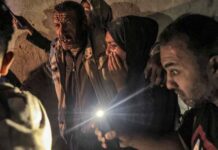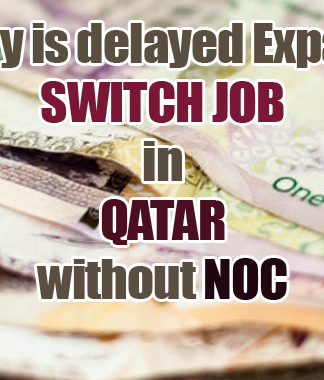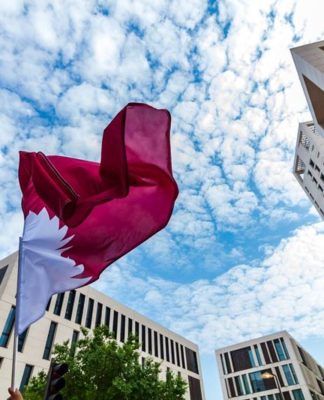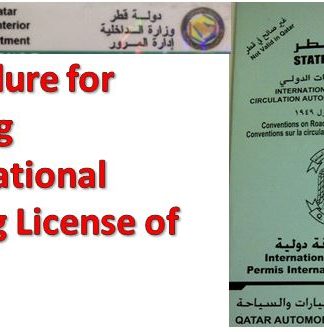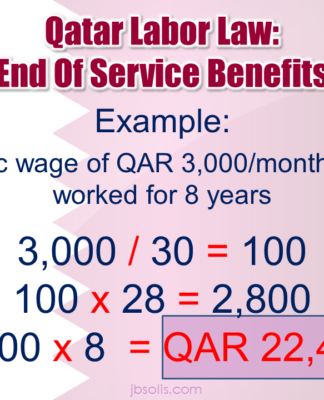CONFLICTSUKRAINE
Ukraine updates: Counteroffensive needs time, Zelenskyy says
Published 5 hours agoPublished 5 hours agolast updated 3 hours agolast updated 3 hours ago
A planned counteroffensive against Russian forces will have to wait until the military has had more time to prepare, Volodymyr Zelenskyy said. Meanwhile, the EU and G7 are discussing sanctions. DW has the latest.
https://p.dw.com/p/4RCUb
Ukrainian President Volodymyr Zelenskyy said his country needs more time to prepare for an anticipated counteroffensive against occupying Russian forces.
In an interview on Thursday with public service broadcasters that are members of the Eurovision News exchange, Zelenskyy said the military is still waiting on certain equipment like armored vehicles.
“With [what we have] we can go forward and be successful,” Zelenskyy said. “But we’d lose a lot of people. I think that’s unacceptable. So we need to wait. We still need a bit more time.”
Ukraine has reportedly been gearing up for a counteroffensive for months.
Officials in Kyiv have tried to lower expectations about the operation in recent weeks.
In comments published by Germany’s Bild newspaper on Wednesday, Ukrainian Foreign Minister Dmytro Kuleba said the counteroffensive likely won’t be the last.
He said if the counteroffensive doesn’t achieve Kyiv’s goal of liberating all Ukrainian territory, “it means we have to prepare for the next counteroffensive.”
Can Ukraine’s counteroffensive meet expectations?
26:06
Here are some of the other notable developments concerning Russia’s war in Ukraine on Thursday, May 11:
Russia army recruiting prisoners after Wagner feud
Russia’s Defense Ministry has begun recruiting prisoners to fight in Ukraine in order to bolster troop numbers without another general mobilization, the British Defense Ministry said on Thursday.
It said Russia had recruited around 10,000 prisoners in April alone. This comes as the head of the Wagner mercenary group, Yevgeny Prigozhin, has begun to openly criticize Russia’s military establishment and accuse it of shortcomings on the front line.
“From summer 2022, prisoners were the key pool of recruits for the Wagner Group private military company’s operations in Ukraine,” the ministry said in its daily intelligence update.
“However, the group highly likely lost access to the Russian penal system in February 2023 when its public feud with the Ministry of Defense was escalating.”
Wagner chief alleges Ukrainian counterattacks in Bakhmut
Wagner Group chief Yevgeny Prigozhin said on Thursday that Ukrainian forces had begun a counterattack near Bakhmut and were approaching the flanks of the city.
In response to a question asked by Russian media on the Telegram messaging app, Prigozhin said Ukrainian operations were “unfortunately, partially successful.”
Bakhmut is on the front line and the city has been called a “meat grinder” for the number of troops on both sides who have been killed over months of attrition. Wagner Group has spearheaded the Russian assault and has accused Russian army units of abandoning their positions in recent days.
Prigozhin’s claims on Thursday have not yet been verified.
Britain supplying long-range missiles to Ukraine
The United Kingdom is supplying Ukraine with Storm Shadow long-range cruise missiles, the British government announced on Thursday.
“We will simply not stand by as Russia kills civilians,” UK Defense Minister Ben Wallace told parliament.
“Russia must recognize that its actions alone have led to such systems being provided to Ukraine.”
Storm Shadow is an air-launched missile with a range of more than 250 kilometers (155.34 miles), according to its manufacturer MBDA. It’s designed for attacks against high value targets such as hardened bunkers and key infrastructure.
Wallace said that an undisclosed number of the missiles “are now going into or are in the country itself.”
Earlier on Thursday, media outlets reported that the UK had received assurances from Kyiv that the missiles would only be used inside Ukrainian territory.
When questioned about the reports on Thursday morning, Kremlin spokesperson Dmitry Peskov said the delivery of long-range missiles would require “an adequate response from our military.”
Wallace said afterwards that British authorities took into consideration the potential for escalation.
“What I can say is, throughout this process, we always make sure we gift having examined minimizing escalation and provocation unnecessarily to the Russian state,” he said.
Germany proposes ‘Not for Russia’ export clause
Germany’s ambassador to the European Union has called for tougher regulations to prevent companies from outside the bloc from circumventing sanctions against Russia.
The proposal was presented at negotiations over the 11th round of sanctions in Brussels on Wednesday.
It would require importers to provide written assurance that they will only resell the goods in question to other companies that sign a “Not for Russia” clause.
The proposal would apply to goods that can be used for both civilian and military purposes, sources told Germany’s DPA news agency, such as night vision devices and drones.
Are the sanctions working?
05:08
Japan to pledge funds for Ukrainian refugees
Japan is set to announce a $1 billion (€915 million) in funding to help countries surrounding Ukraine accept war refugees, Finance Minister Shunichi Suzuki said on Thursday.
The funding would come via the Japan Bank for International Cooperation (JBIC), which typically offers assistance in the form of lending, guarantees and equity investment.
It comes as the country hosts G7 finance talks over three days in Niigata. The ministers are also set to discuss ways to prevent the circumvention of sanctions against Russia.
“We want to accelerate international cooperation needed to overcome difficult a crisis global economy faces,” Suzuki said.
Russia ‘far away’ from achieving goals
Russia is still “far away” from achieving its goals in Ukraine, according to the Kremlin.
Kremlin spokesperson Dmitry Peskov claimed Moscow has prioritized protecting civilians and has avoided attacking civilian infrastructure — despite numerous bombardments of Ukraine’s energy and water infrastructure in recent months.
“In part we have succeeded in fulfilling this task, but in part we are still far from it,” Peskov said in an interview with Bosnian television on Wednesday.
Peskov explained the lack of visible success by claiming that Russia was not waging war. The Kremlin still refers to the invasion as a “special military operation.”
“Waging war is something completely different, it means the total destruction of infrastructure, the total destruction of cities. We are not doing that,” Peskov said.
More DW coverage on Russia’s war in Ukraine
Despite rocket fire and power outages, the music scene in Kyiv is active. DW spoke with the Ukrainian artists playing shows at home and accross Europe to raise money for their country.
zc/sms (AP, Reuters, AFP, dpa)






